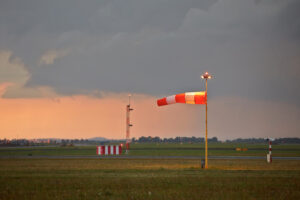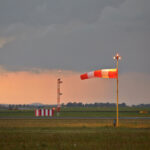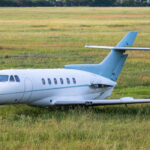Aviation airspace changes to the Northeast Corridor in effect may reduce your delay time
The FAA’s aviation airspace optimization initiative on the U.S. East Coast seems to be working. According to the National Business Aviation Association (NBAA), the changes that took place November 2019 are expected to bring relief to constraints in business aviation travel. That’s good news for those of us who spend our time flying the busy Northeast corridor.
It’s called the FAA Northeast Corridor Atlantic Coast Routes initiative (NEC ACR) and is targeted for completion in November 2020. Fortunately, the NBAA says that operators will see significant changes ahead of the projected completion date.
The first event took some high altitude “J-routes” and replaced them with the all new “Y-routes”. These “Y-routes” are designed to optimize performance-based navigation. The FAA plans call for similarly replacing low-altitude routes, and for all “J-routes”.
The NEC ACR is scheduled to increase the use of offshore routes, particularly as a way to avoid severe weather. In addition, they plan to include better segregation of over-flight traffic from the arrival and departure corridors in New York and Washington D.C. areas, therefore reducing offshore vectoring and holds.
There is also talk of a new “super ultra-high” ATC sector over Washington D.C. that will reduce restrictions and closures for above FL400. Plans also include replacing the commonly used AZEZU offshore routing with more accessible options.
These airspace ideas come from valuable lessons learned from the South Central Florida metroplex project. “The FAA hopes to improve routing options and decrease operational complexity through the nation’s busiest airspace.” said Ernie Stellings, senior manager at NBAA Air Traffic Services. Speaking for pilots who routinely use the nation’s busiest airspace, I hope they are successful!
RELATED CTS TRAINING









